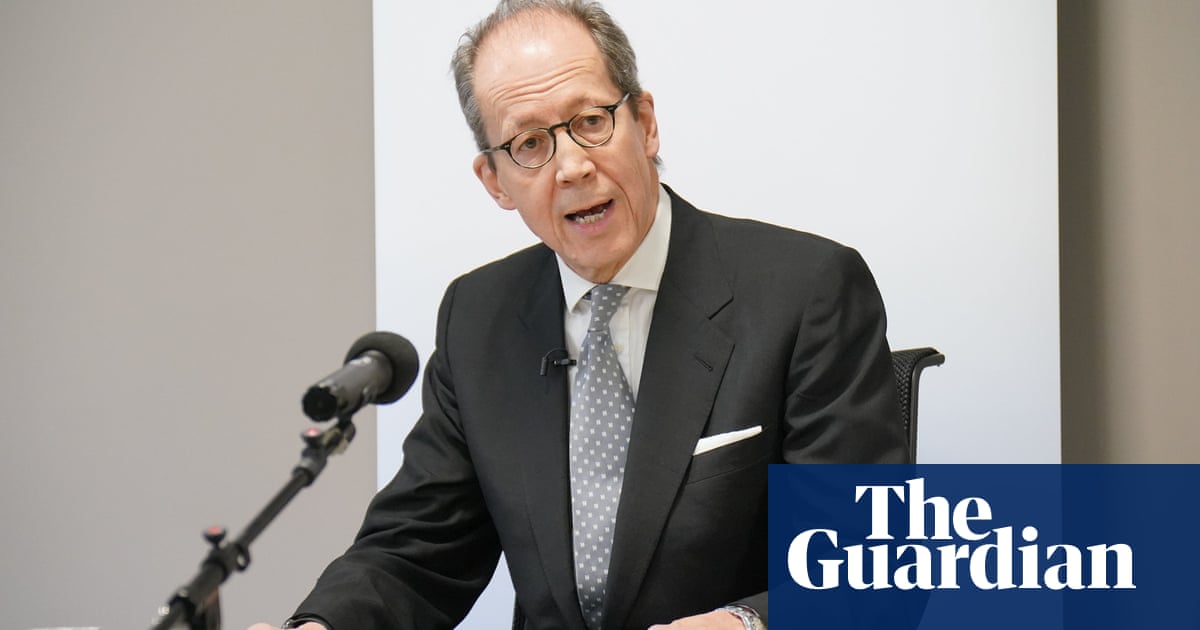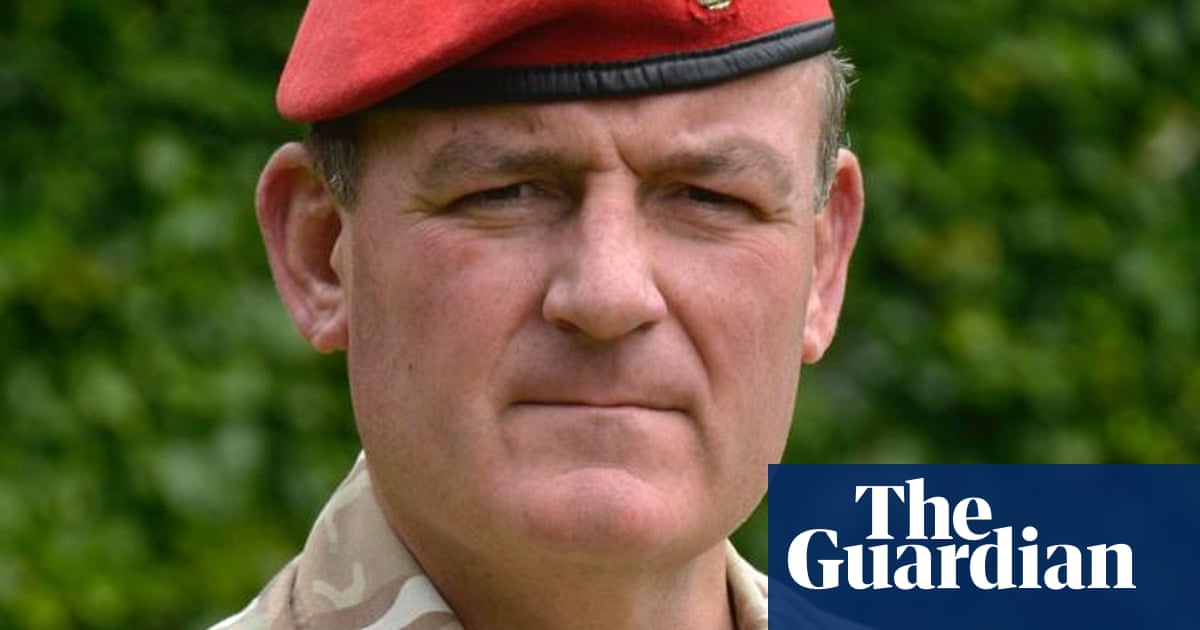
The SAS shot dead two Afghan adults who were sleeping in an incident in August 2012 in which two children were seriously injured, a public inquiry has heard.
The barrister representing victims’ families in a public inquiry into the killing of 80 civilians by the SAS in Afghanistan said the incident amounted to war crimes committed by British soldiers.
Richard Hermer KC, representing Mansour Aziz and the families of 33 of the victims, said Hussain Uzbakzai, 24, and Ruqqia Mullah Muhammad Haleem, also 24, were “sleeping outside in the courtyard with their two preschool age children” when members of the SAS shot them dead.
When Aziz, Uzbakzai’s brother, returned home “he was horrified to find the two bodies of his brother and sister-in-law”, Hermer said. Their children were missing because they had been medically evacuated for urgent treatment.
Aziz briefly addressed the inquiry in a short video, translated from Pashtu. In it he introduced his nephews, Imran and Bilal, who he said were severely injured at the time and had been traumatised ever since.
“Even to this day, they are grieving the incident that happened to us and they are depressed. They are wondering why that incident happened to us,” Aziz said. “We are asking for the court to listen to these children and bring justice.”
Two other adults were also killed in the raid, the inquiry heard, but only one weapon, a grenade, was recovered from the compound. SAS commanders never referred the incident to military police for a potential criminal investigation.
This week, the public inquiry, presided over by Lord Justice Haddon-Cave, heard a separate allegation that nine Afghan males were shot and killed while sleeping on another SAS night raid on 7 February 2011 – one of a string of deadly raids being examined in court.
On Monday, Oliver Glasgow KC, the inquiry’s own counsel, indicated it was intended to launch a specific investigation into the August 2012 raid because “young children were injured”.
But, Glasgow added, none of the Ministry of Defence (MoD) or SAS documentation relating to the raid had been released into the public domain, meaning that the military’s version of events was not available. An MoD statement, given on Tuesday, did not directly refer to individual incidents in which civilians are said to have been unlawfully killed.
Testimonies such as that from the Aziz family and other evidence taken largely from SAS emails and the MoD’s own documents, Hermer said, highlighted the seriousness of the allegations and demonstrated there was a practice of elite British soldiers unlawfully killing Afghan civilians on night raids.
It was “evidence capable of suggesting that they [the SAS] were conducting a campaign of murder, not only obviously a crime in domestic law but a war crime amounting to grave breach of the Geneva conventions”, Hermer said.
Military police had also recently become aware of an allegation that a serving soldier in UK special forces had, according to Hermer, “disclosed to family members he had shot and killed a child whilst on operations in Afghanistan”.
But according to the Royal Military Police, in a statement quoted by Hermer before the inquiry, two potential civilian witnesses had declined to provide evidence and the investigation into the child killing was dropped because it was not felt there was a realistic prospect of prosecution.
The submission on behalf of victims’ families brought to a close three days of opening statements at an inquiry that is expected to take between 12 and 18 months to produce an interim report. Much of the evidence will be heard in secret, without press or the public present, and the MoD will formally acknowledge only that UK special forces are involved, although it is widely understood that refers to the SAS.
The inquiry was initiated by Ben Wallace, the former defence secretary, after years of allegations swirling about the SAS conducting extrajudicial killings in Afghanistan between 2010 and 2013 and that there was a subsequent cover-up, frustrating police investigations.
Haddon-Cave insisted that the inquiry was determined to get to the bottom of events and said the image of the UK was at stake. “Nobody could be in any doubt as to how potentially damaging these allegations are, as long as they remain unresolved one way or the other, and how corrosive they are to the reputation of the military, but also to the UK’s international standing,” he said.












